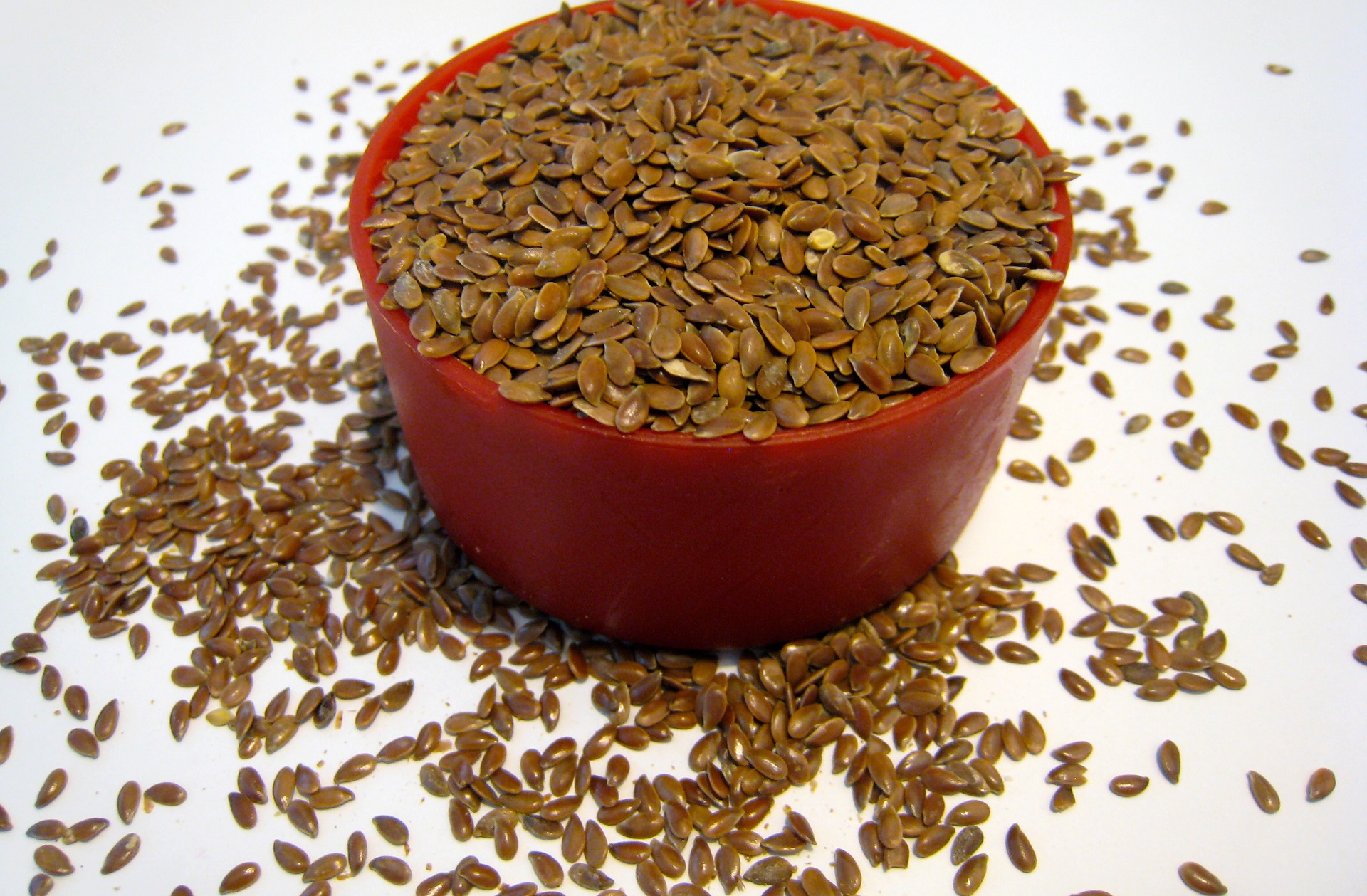Chia seeds are a highly nutritious and versatile ingredient that has gained popularity in recent years for their numerous health benefits.
These tiny seeds are packed with fiber, healthy fats, protein, and essential vitamins and minerals, making them a staple in many health-conscious diets.

Fiber
- Chia seeds are an excellent source of fiber, with 1 ounce (28 grams) of seeds providing 11 grams of fiber, which is more than a third of the recommended daily intake.
- This high fiber content makes chia seeds an excellent choice for those looking to improve their digestion and keep their gut healthy.
Protein
- Chia seeds are also high in protein, with 4 grams of protein per ounce. This makes them a great plant-based protein source for those who follow a vegetarian or vegan diet.
Healthy Fats
- Chia seeds are a good source of healthy omega-3 fatty acids, with 5 grams per ounce.
- Omega-3 fatty acids are essential for heart health and have been shown to have numerous other health benefits, such as reducing inflammation and improving brain function.
Antioxidants
- Chia seeds are also high in antioxidants, which are essential for fighting off free radicals and preventing cellular damage.
- Antioxidants have been shown to have numerous health benefits, such as reducing the risk of certain cancers and improving overall health.
Vitamins and Minerals
- Chia seeds are a good source of calcium, iron, and potassium. These essential vitamins and minerals are important for maintaining strong bones, healthy blood, and a properly functioning body.
Low in Calories
- Despite their numerous health benefits, chia seeds are low in calories, with only 137 calories per ounce. This makes them a great addition to any diet, as they can help to fill you up without adding excess calories.
Gluten-Free
- Chia seeds are gluten-free, making them an excellent choice for those with gluten sensitivities or allergies.
Easily Digestible
- Chia seeds are also easily digestible, as they are able to absorb up to 12 times their weight in water. This makes them a great option for those with digestive issues, as they help to prevent constipation and promote regularity.
Blood Sugar Regulation
- A low glycemic index of chia seeds means that they digest slowly and do not cause a rapid increase in blood sugar levels.
- This makes them a good option for people with diabetes or anyone looking to regulate their blood sugar levels.
Skin Health
- Chia seeds are a good source of zinc, which is important for maintaining healthy skin.
- Zinc is involved in collagen synthesis and can help to promote wound healing and prevent acne.
Versatile
You can easily incorporate chia seeds into your diet due to their versatility and variety of uses. Chia seeds can be added
- to smoothies, oatmeal, yogurt, or baked goods for a nutrient boost.
- as a thickening agent in sauces and dressings.
- Its pudding is a popular and delicious way to enjoy.
- Chia seeds are a great addition to any meal.
Gut Health
- Chia seeds are high in fiber, which can help to promote the growth of beneficial bacteria in the gut.
- This can help to improve digestion and reduce the risk of digestive disorders such as constipation and irritable bowel syndrome.
Diabetes
- Chia seeds improve several markers of diabetes, such as reducing blood sugar levels and improving insulin sensitivity.
- This may be due to their high fiber content, which can help to regulate blood sugar leve
Long Shelf Life
- Chia seeds have a long shelf life and stored for up to two years, making them a great pantry staple.
- This means that you can always have them on hand when you need them, without having to worry about them going bad.
In addition to their numerous health benefits, chia seeds are also highly versatile and have a long shelf life, making them a great pantry staple. Whether you’re looking to improve your gut health, increase your fiber intake, or add more healthy fats to your diet,
Chia seeds are a great choice. With their high fiber, protein, healthy fats, and essential vitamins and minerals, they offer numerous health benefits and are a great addition to any meal.
conclusion
Nutritional Profile of Chia Seeds are very rich. Chia seeds are a highly nutritious ingredient that should be a staple in any healthy diet.
With their high fiber, protein, healthy fats, and essential vitamins and minerals, they offer numerous health benefits and are a great addition to any meal.
Whether you add them to smoothies, sprinkle them on top of yogurt or cereal, or use them as a thickener for soups and sauces, chia seeds are a versatile ingredient that is easy to incorporate into your daily diet.
